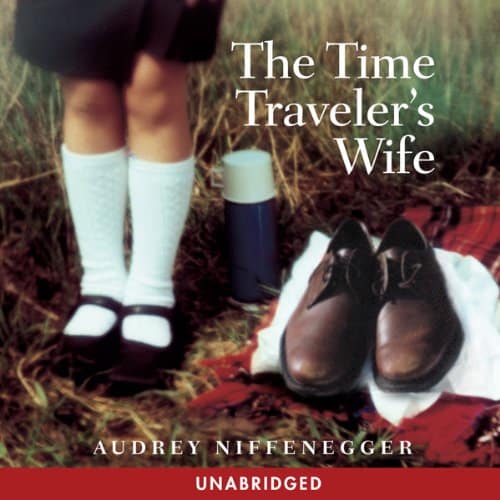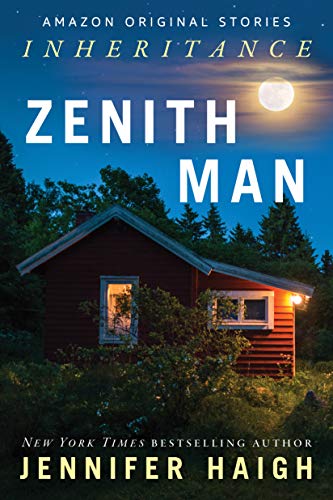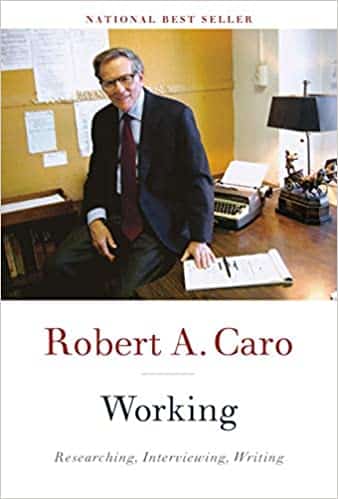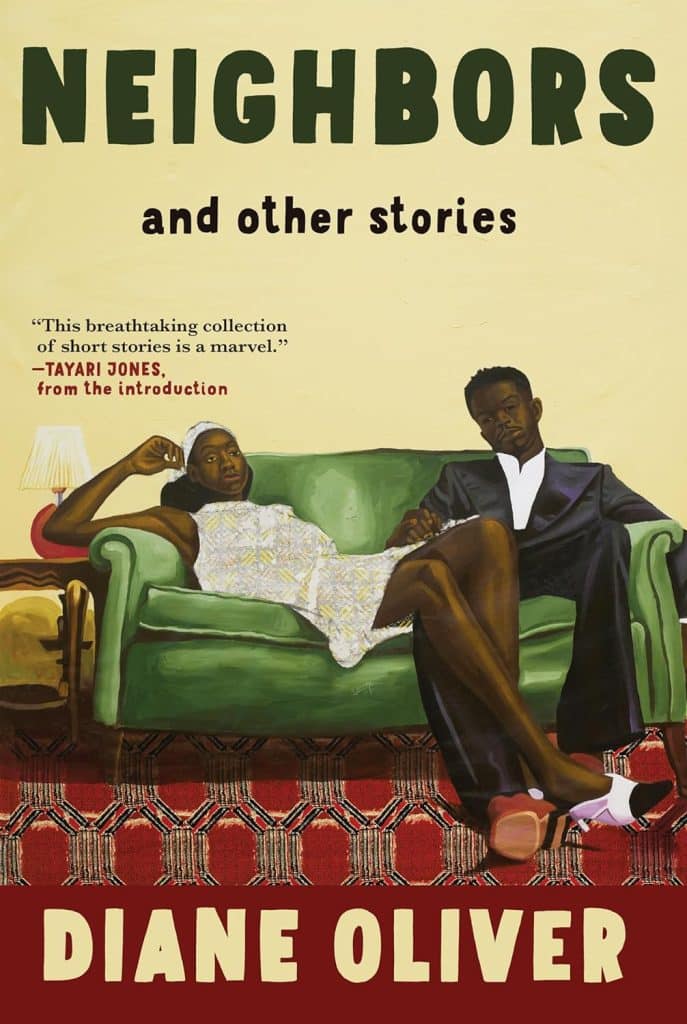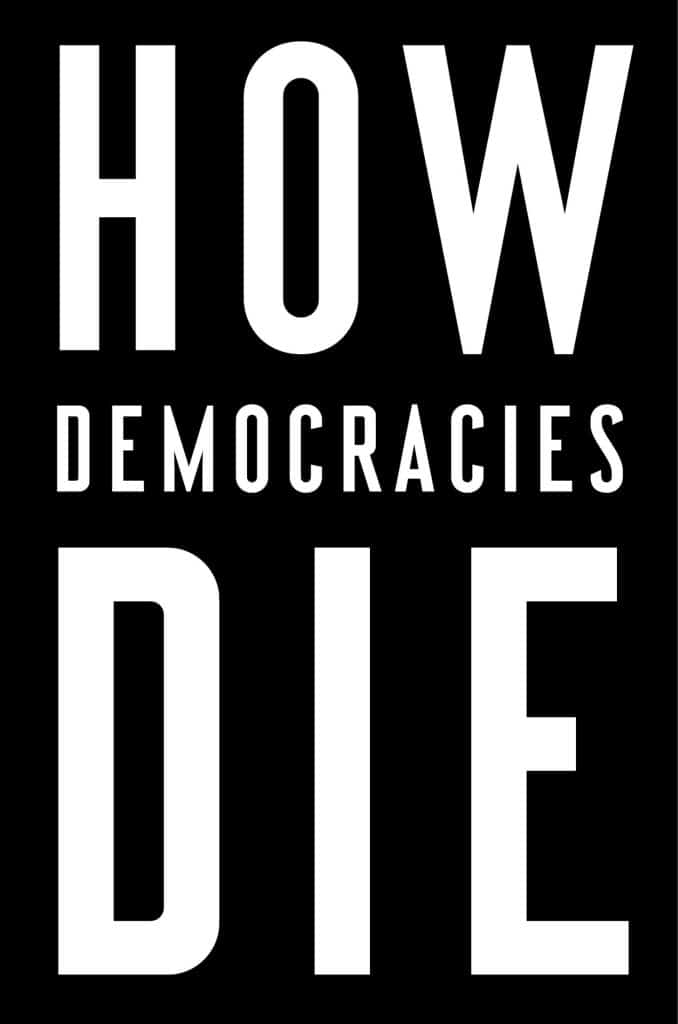Back to the University
Estimated reading time: 2 minutes, 54 seconds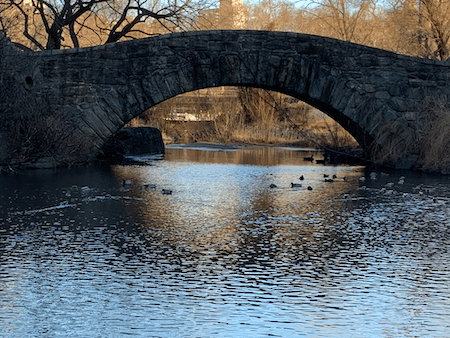
One Day University: 250 Years of American Politics
For years I have seen the advertisements for One Day University and have waited too long to register. I finally took my first class on February 9, 2019! 250 Years of American Politics in a few hours. I left early to be on time after more than half a century since I was a first-year student! I had an hour to walk in Central Park.
Before I go over what this class was about, I want to recommend this to everyone. Besides courses in major cities, they also have a digital semester, and I am looking forward to my two monthly digital classes!
I drafted this overview of the three sessions in my first class.
- What The Founding Fathers Were Really Like and what we can still learn from them today
- The fact is, the Founding Fathers were ambitious. Also grouchy, scared, and hopeful. They told jokes. They fought. They schemed. They gossiped. They improvised. Occasionally, they killed each other (sorry, Alexander Hamilton). Only by seeing the Founders as real people -not icons- can we appreciate the full story of the nation’s founding with all of its drama, humor, and significance intact.
- Carol Berkin is Presidential Professor of History at Baruch College and a member of the history faculty of the Graduate Center of CUNY. She has worked as a consultant on several PBS and History Channel documentaries.
- When Congress Broke The First Time and how that led To Civil War
- So, you think Congress is dysfunctional? There was a time when it ran with blood – a time so polarized that politics generated a cycle of violence, in Congress and out of it, that led to the deadliest war in the nation’s history. This class uncovers the brawls, stabbings, pummelings, and duel threats that occurred among United States congressmen during the decades just before the Civil War. Like other One Day University historical classes, this one casts fresh light on the period it examines while leading us to think about our own time.
- Joanne B. Freeman, a professor of history and American studies at Yale University, is one of the nation’s leading experts on “dirty nasty politics,” and the author of The Field of Blood: Violence in Congress and the Road to Civil War
- The Changing Face of Politics as we approach 2020
- Donald Trump’s election marked the most stunning political ascent in American history. Trump violated almost every rule of historical campaign practice and triumphed over both the Republican and Democratic establishments. Treated as an un-serious joke just 18 months before his victory, Trump’s victory shocked the globe. Why were the pollsters so wrong about his prospects? What were the hidden factors that led to President Trump’s upset victory? Will presidential elections change and adjust because of Trump’s success? Will this victory usher in a new paradigm of politics and new types of presidential aspirants? And if so, should we change the way we pick presidents?
- Sam Potolicchio is Director of Global and Custom Education at the McCourt School of Public Policy at Georgetown University. He was named one of “America’s Best Professors” by the Princeton Review, and the Future Leader of American Higher Education by the Association of Colleges and Universities.
I enjoyed the classes so much that I will attend more in-person and online, and I purchased four books. Reviews of these books will be on the bookshelf.
After almost 48 years, I recently lost my wife, Jan Lilien. Like The Little Prince, Jan and I believed that “The most beautiful things in the world cannot be seen or touched, they are felt with the heart.” This blog is a collection of my random thoughts on love, grief, life, and all things considered.


